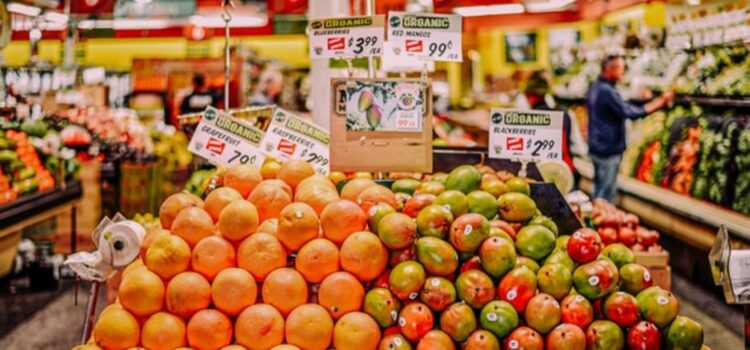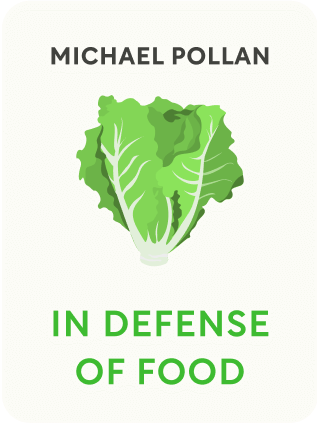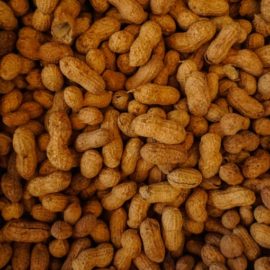

This article is an excerpt from the Shortform book guide to "In Defense of Food" by Michael Pollan. Shortform has the world's best summaries and analyses of books you should be reading.
Like this article? Sign up for a free trial here .
Is spending a lot of money on food really worth it? Is expensive food really significantly better than cheaper, more affordable staples?
Most people are geared towards quantity and cheap, accessible food. But according to Michael Pollan, the author of In Defense of Food, we shouldn’t be too frugal when it comes to spending money on food. In general, more expensive food (especially, food of natural origin) is better for you because of a lack of toxins and improved nutritional quality.
Here is why spending more money on food is indeed worth it, according to Michael Pollan.
Is Spending a Lot of Money on Food Really Worth It?
The American mentality has been to deliver large amounts of food packaged inexpensively for decades. This mindset serves many people well, as many can’t afford to a lot of spending money on food. But many of us can but choose not to. In fact, Americans spend less than 10% of their income on food, the lowest percentage of all other industrialized populations.
More expensive food is often so because it has required more care and energy to produce, rather than being mass-produced in factories, stockyards, or single-crop farms. These foods are better for you because of a lack of toxins or improved nutritional quality. Also, you’re more likely to eat less food when it costs more.
The lure of high-calorie products is their cheap price and convenience. This food is easy to eat and requires little effort to prepare or clean-up thanks to the invention of the microwave. These factors cause people to eat more. If we had to make our own junk food, such as baking our own hostess cakes or frying our own potato chips, we would eat less. You’ll eat less food if it is more expensive and requires more effort to prepare.
The advice to “eat less” is not part of the American vocabulary and hasn’t been since McGovern’s revisions of the dietary guidelines in the 1970s. The culture is inundated with cheap calories, and no aspect of our eating customs points away from indulging, like in other cultures. For instance, second portions are taboo in France. In Okinawa, Japan, a region boasting some of the oldest and healthiest people, they eat following the principle of “hara hachi bu,” or eat to 80% fullness.
We, on the other hand, eat until an external cue tells us to stop, even when full—an empty chip bag, an empty plate, or the end of a movie or TV program. This behavior has led to a society with increasing waistbands and declining health, and the cost of food has matched these trends. Since the changes in agricultural policies in 1980, obesity rates have grown steadily with the additional 300 more calories per person per day. Most of these calories come from sweeteners and fats derived from corn and soy, which has decreased in price by 20% since that time. Conversely, the price of fresh produce has increased by 40%.
Ironically, as money spent on food decreased, the amount spent on health care increased. In 1960, Americans spent 17.5% of their income on food and 5.2% on health care. Today, the 10% spent on food is paired with 16% spent on health care. Many believe the increase in calories is the main culprit and that reducing calories is the key to cancer prevention.
- Overeating promotes rapid cell division, especially cancer cells. When calories are reduced, this process slows. When this process slows, fewer free radicals are produced. Inflammation is also reduced.
You are more likely to savor the food more when you are spending more money on food and eating less. Eating healthier foods is a better food experience, and you’ll be satisfied with the smaller portion more than if you eat until you’re stuffed.

———End of Preview———
Like what you just read? Read the rest of the world's best book summary and analysis of Michael Pollan's "In Defense of Food" at Shortform .
Here's what you'll find in our full In Defense of Food summary :
- Why eating a Western diet is killing you
- How the rise of low-fat foods contributed to the rise of obesity and diabetes
- What to eat if you want to restore a healthy relationship with your food






